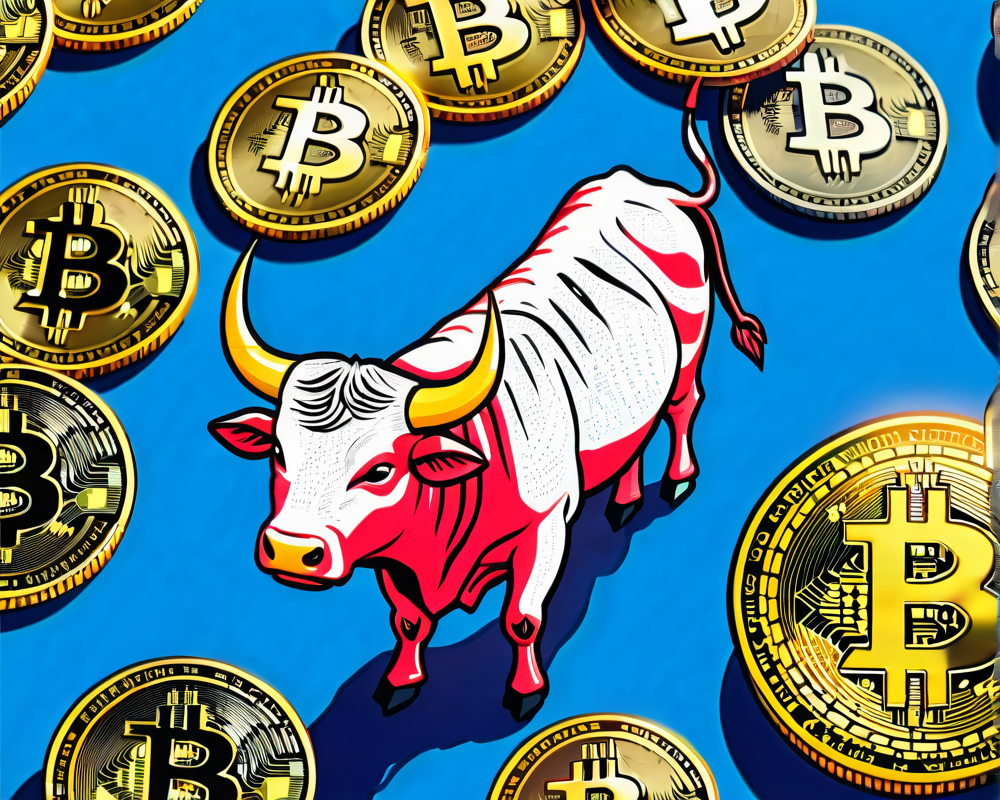Crypto Fever: The Rise and Fall
Elvira Nabiullina, the head of Russia’s central bank, has made waves recently at the Finnopolis finance innovation forum, prophesizing the end of the “crypto fever.” With the excitement surrounding cryptocurrencies waning, Nabiullina’s comments provide a sobering look at how both the public and entrepreneurs are shifting their views on digital currencies and blockchain technologies.
Blockchain: From Frenzy to Functionality
During her talk, Nabiullina noted that while the initial enthusiasm for cryptocurrencies was akin to a wild roller coaster ride, we’re now entering a more rational phase. “Fortunately, the crypto fever has begun to diminish,” she stated, providing hope to those who might have overdosed on the excitement. Entrepreneurs are reportedly looking for ways to integrate blockchain into their business operations, meaning it’s becoming less of a speculative gamble and more of a strategic tool.
Initial Coin Offerings: A Double-Edged Sword
One of the more intriguing topics Nabiullina touched on was Initial Coin Offerings (ICOs). She called them “a perfect method to raise funds”—which sounds great, right? However, her cautionary tale followed: ICOs are notably vulnerable to fraud. So, for every enthusiastic entrepreneur ready to jump in, there’s an equally skeptical Banker Bob tapping his fingers uneasily on the desk.
The Mainstreaming of Digital Finance
The tide seems to be turning for digital financial technologies, as Nabiullina declared, “Digital finance is no longer the world of the advanced consumer. It is the world of the mass consumer.” For those still trying to figure out Bitcoin from the various other tokens, it might feel like the digital finance world is on a fast track, leaving some behind in dust—hope you kept running!
A Cautionary Stance from the Central Bank
Historically, Nabiullina has held a rather serious tone towards cryptocurrencies. Back in 2017, she likened the frenzy to a “gold fever,” warning about the potential risks. This year, she reiterated, calling coins “money surrogates,” and firmly stating that they would not be traded on Russian exchanges. Those hoping for a “party like it’s 1999” moment for cryptocurrencies might have to rethink their plans as the central bank remains “categorically against” any sort of regulation that treats crypto like traditional currency.
Banking and Crypto: A Complicated Relationship
Interestingly, while the central bank takes a conservative approach, major Russian banks appear to be keen on engaging with crypto assets. Whispers of a private round-table discussion among bank representatives looking into crypto-related legislation from countries like Japan, Luxembourg, and Singapore hint that there’s a budding interest, maybe even a crush, on crypto. But until Russia figures out its own legislative framework, it’s kind of like trying to date someone while still in a messy breakup—awkward and complicated.
Legislative Labyrinth
In the current legal landscape, Russia is juggling legislation for cryptocurrencies with all the ease of a clown on unicycles. The latest draft bill aims to drop the definition for “cryptocurrency,” while intriguingly defining mining as the “release of tokens to attract investment in capital.” Meanwhile, a lobby group known as the Russian Union of Industrialists and Entrepreneurs (RSPP) is stepping up to offer an alternative version of crypto regulation—a heroic attempt to navigate this legislative labyrinth.




